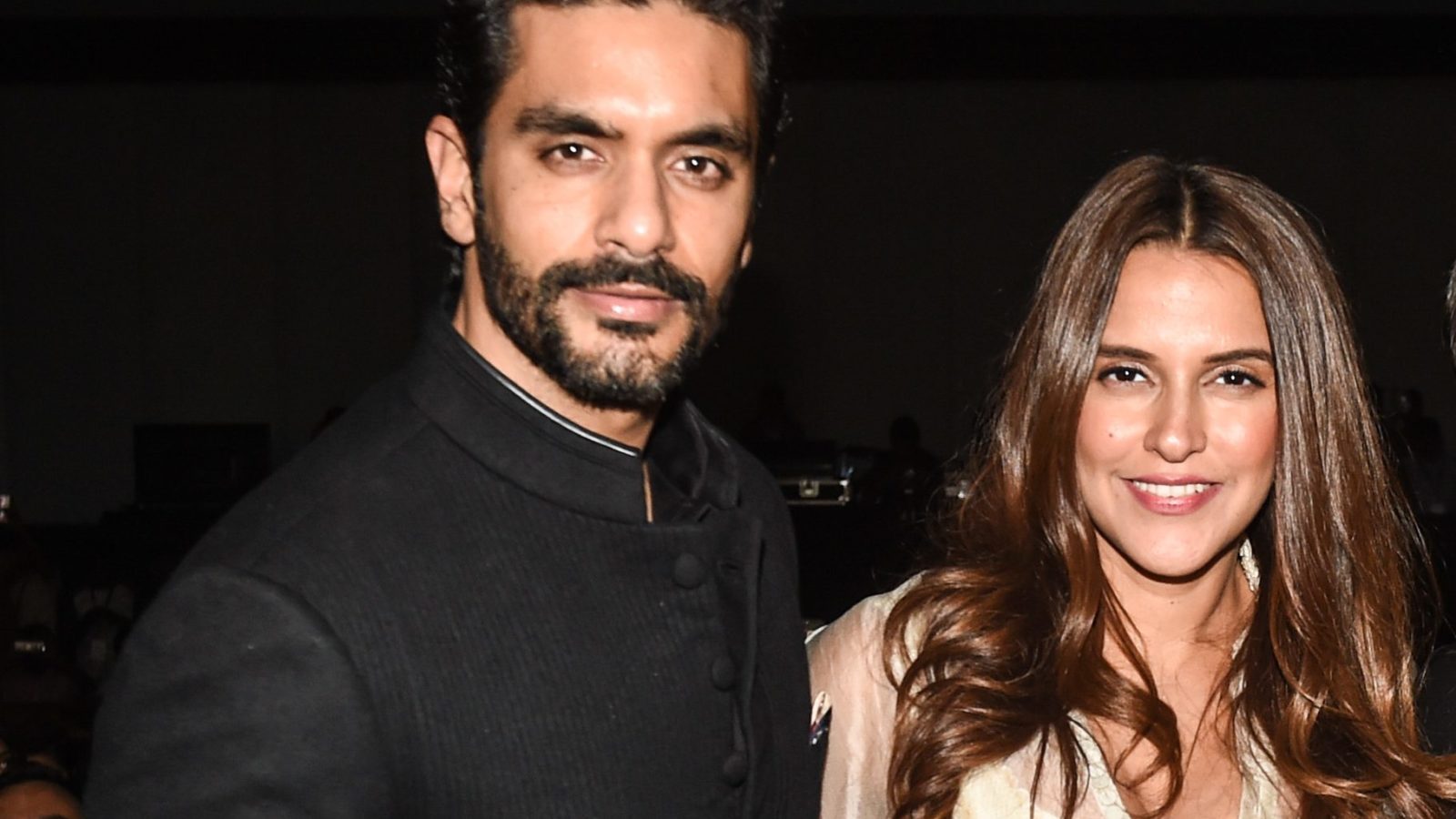Newlyweds and new parents Neha Dhupia and Angad Bedi have found the addition of little Mehr into their loving family has only strengthened the bond between them. Listening to them explains why two independent professionals have managed to forge this connection.
He says
“A woman’s efforts have to be recognised and child has to be sensitised about the sacrifices the mother has made, her role should not be taken for granted.” And this is a truth that modern men are increasingly standing up for.
The son of former India cricket captain Bishen Singh Bedi, Angad began his career as a cricketer before switching to modelling and films. He has led a disciplined sportsman’s life, and was brought up to do his own chores, whether it was the laundry or washing cars or fixing snacks. Even later when he left home to play cricket, Angad was managing his chores on his own.
So it came naturally to divide the load when the two got married. “It stems from the fact that my parents had a love marriage. That changes things a lot because everything becomes transparent when you have a marriage in which you both come on equal terms.”
His own marriage is similar, he says. “We have been friends even before marriage, and there has been a huge amount of comfort level. There has never been the pressure of marriage [and the thought] that there are certain responsibilities [that come with it]. She married me when I didn’t have much money in my pocket. I really value that, it shows where she comes from and how her upbringing has been.”
He has grown up in an environment where he saw his mother take care of the home as his father was away most of the time playing professional cricket. “My mother chose to take the backseat, she struggled with me and my sister. My father values it, and I value it. The sacrifices that my mother has made has given my father a cricketing career, it gave him a career after cricket too. She backed me when I dreamt of making a career in cricket, and when I moved to Mumbai at 19, she told me, ‘Don’t worry son, I have your back and whatever you do, just try and excel’.”
She says
Neha offers this incident as an example of why it works for them: “A friend’s son was in hospital and we stayed up all night, we had to finally go back to nurse our daughter. As it happens when you stay awake the night, you feel hungry in the morning, and I looked at him and he said, ‘I’ll whip up breakfast’.” In the end what could have been a stressful event, “turned out to be a really romantic breakfast date. That’s where the contribution comes in.”
Growing up with her mother, her naval officer father and an older brother was an experience that has shaped Neha. “When you are the only daughter, you are raised with kid gloves. But when you are the part of the defence forces, you are raised differently. Between my brother and I, we both had to do chores. Cleaning cars was a Sunday thing; we had to clean window panes too, it was all fair and equal,” she says.
“Our fathers come from military academies, they have all done their own laundry, they know how to cook, how to fend for themselves, they’ve been to war and back! There’s no chore too big or small for them to do.”
Her own mother gave up her career to look after the children. “When I left for Mumbai at 21, my parents didn’t have anything to give me except the value system. If there was a hash tag in 2001, it would have been #ChinUpGirl, there’s nothing that you can’t do as a woman!”
They share
“I have always enjoyed doing things with her [so much so that] we don’t miss others’ company! We go for films together, we dine together, we have the same interests in sport, her knowledge, not only about India but also worldwide politics, is great… I learn a lot from her.”
“Sharing the load doesn’t mean there are specifics,” feels Neha, “every time there’s a void, there’s a little piece where you can fit in. It’s so nice if the man fits into the domestic side of the house, that’s what we do as a couple. We don’t stick to stereotypes.”
Turning down the moniker of ‘power couple’, Angad stresses: “We are simple people, we try to be a close knit family. To see her smile makes my day go well and I’ll do whatever I can to make that happen. I know I can’t do as much as she does, her sacrifices, responsibilities and contribution is much more than mine, but she doesn’t make a big deal out of it.”
As for their resolve not to raise Mehr with stereotypes, Neha says: “We don’t dress our daughter in pink. The only way to make her unstoppable is not to stop her.”
Want to relate your #ShareTheLoad story? Write to us at [email protected]


